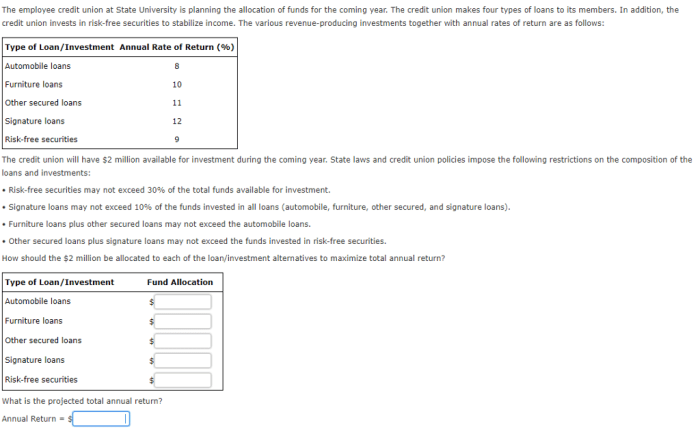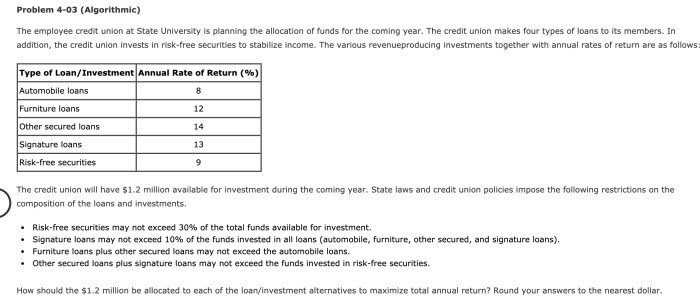The Employee Credit Union at State University stands as a beacon of financial empowerment for the university community. As a not-for-profit financial cooperative, it is dedicated to providing accessible and affordable financial services to faculty, staff, students, and their families.
Established in 1952, the credit union has a long history of supporting the university community. With its commitment to financial education and community involvement, the Employee Credit Union at State University has become an integral part of the campus fabric.
Services Offered

The Employee Credit Union at State University offers a comprehensive suite of financial services tailored to the needs of its members, including:
- Checking accounts with competitive interest rates and no monthly maintenance fees
- Savings accounts with competitive interest rates and flexible withdrawal options
- Low-interest rate loans, including personal loans, auto loans, and mortgages
- Credit cards with competitive interest rates and rewards programs
- Investment services, including mutual funds, stocks, and bonds
- Financial planning and counseling services
Top FAQs: The Employee Credit Union At State University
What are the benefits of being a member of the Employee Credit Union at State University?
Members of the Employee Credit Union at State University enjoy a range of benefits, including competitive interest rates on loans and savings accounts, low fees, financial education programs, and access to convenient online and mobile banking services.
How can I become a member of the Employee Credit Union at State University?
To become a member of the Employee Credit Union at State University, you must be an employee, student, or retiree of the university or a member of their immediate family. You can open an account with a minimum deposit of $5.
What types of financial education programs does the Employee Credit Union at State University offer?
The Employee Credit Union at State University offers a variety of financial education programs, including workshops on budgeting, credit management, and investing. These programs are designed to help members improve their financial literacy and make informed financial decisions.


